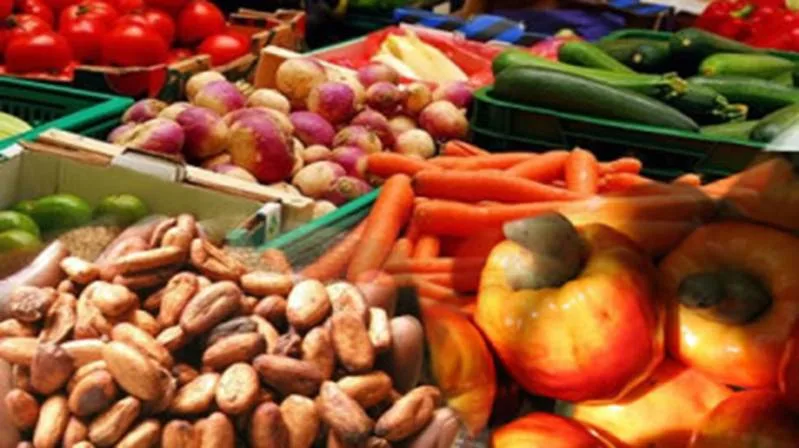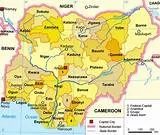
Breaking
COOKING GAS PRICES RISE AS PETROL HIKE BITES HARDER
KANO STATE ASSEMBLY MOVES TO IMPEACH DEPUTY GOVERNOR FOR REFUSING TO DECAMP WITH GOVERNOR TO APC
IRAN’S DEFENCE MINISTER, APPOINTED ON TUESDAY, KILLED WEDSDAY BY US-ISRAELI FORCES
ELECTRICITY CUSTOMERS TO GET ₦20 BILLION METER COST REFUNDS FROM DISCOs – NERC
COURT DISMISSES ABBA KYARI, BROTHERS’ NON-DECLARATION OF ASSETS TRIAL

People's Voice
Premium News








